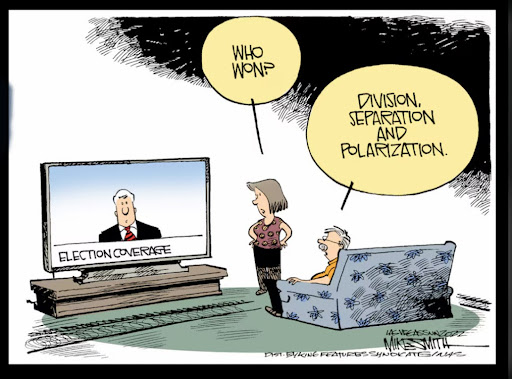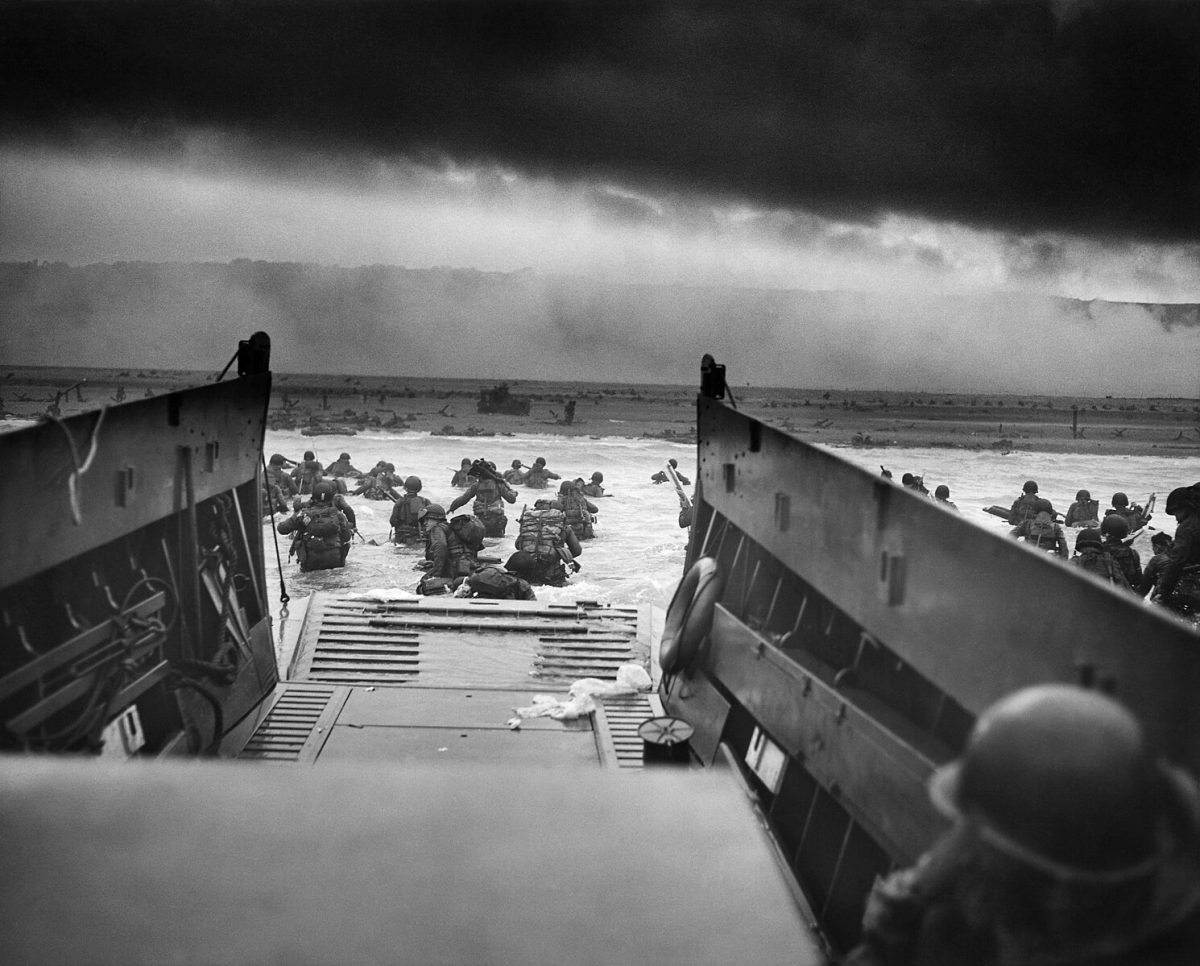For the longest time, Sweden has been at the bar with the North Atlantic Treaty Organization, better known as NATO. It is one of the five non-NATO member countries that are in the European Union. We associate NATO with past world wars where it came to light, and now it is at the epicenter of attention due to Ukraine’s recent bid for a slot. Ratification moved along for Finland’s bid, so why not Sweden? And why has The Elongated Country found itself at a stopping point? There are historical reasons and political reasons that the nation can’t quite seem to overcome.
The history of Sweden has been neutral. Sweden is well known for its neutral views after suffering a detrimental loss of their neighboring country Finland to Russia during the Napoleonic Wars. Even after Finland reached independence in 1917, Sweden would maintain a “neutrality principle” during World War I, World War II, and the Cold War. Their fears were well reasoned with the potentiality of the USSR overtaking Finland, loosening the border strength again. But, this guard would eventually lower in 1995 when the country joined the European Union.
The problem is this—Sweden is open to being a part of the other joined European states, yet political parties in the nation resented joining NATO, the prime defense mechanism of EU member countries. Since the Cold War, it has been an active question, especially during the early 2000s when Sweden would accompany joint operations for peace created by NATO. These operations included missions in Bosnia, Afghanistan, and Libya. Because Sweden was an active participant in these missions, it would later create an unprecedented block to join NATO. Some Baltic countries including Russia are vividly against Sweden’s run for NATO, even some major political figures released statements about their aggression.
Multiple political parties in Sweden stayed close to a semi-neutral approach, but the breakout of the Ukraine-Russia war would quickly shift stagnant views on a potential future with NATO. Sweden applied to join in 2022 due to the worry of a border invasion. Finland followed suit, but unlike Sweden, had its bid accepted in April. Sweden has a lot on their table in order to get ratified, a drastic contrast from their neighbor.
For a country to get incorporated into NATO, it must receive ratification from all current standing members. As of now, every country has agreed to the application except two. The two countries awaiting the bid would be Hungary and Turkey. Hungary and Turkey historically have had few altercations, and majority of this comes with indirect comments made by Sweden and their own views of the two. Hungary didn’t take up as much opposition, solely partnering with Turkey. Turkey, far more adamant about the bid, classifies their allowance of Kurdish operations on their territory as terrorism. Turkey has also requested the extradition of those from Swedish authority who supported the Kurdish, and Turkish human-rights activists. Turkey historically has had prejudice against the Kurdish, acting on past genocide and completely discriminating against them. Turkey is infamous for the poor treatment of the Kurdish, and its poor human rights. Turkey has also demanded the drop of the arms embargo imposed by Sweden and Finland after Turkey began an assault on Northern Syria in 2019. This would mount the more-so indirect altercations between the two rather than an exact physical conflict.
Because of Sweden’s alignment with the Kurdish, Turkey refuses to budge on their ratification. It poses the last standing obstacle for the Swedish Government, becoming an awkward indirect stand-off situation between the two countries. At the 2022 Madrid Summit, these concerns of terrorism by Turkey were addressed, and they lessened to agree with Sweden’s partition for NATO. Hungary received news of this acceptance, and also agreed to unblock Sweden. By then, a smooth operation would follow, leaving the last ratification bids for Autumn this year. Instead, in a last-minute change, Turkey and Hungary began to oppose Sweden’s ascension again, citing the country’s condemnation of Hungary’s democratic side falling, and Turkey raising concern about more Kurdish protests.
Currently, Turkey’s agreement is for the United States to sell F-16 fighter jets to get them to agree on Sweden’s bid. However, they had said it is completely conditional on Sweden’s part too. As of now, it remains a stalemate until Hungary and Turkey’s parliament reach a mutual consensus again.
Sources:
“Hungary Politician Flags Possible Delay for Sweden’s NATO Bid.” Reuters, 18 Sept. 2023, www.reuters.com/world/europe/hungary-parliament-speaker-flags-possible-further-delay-swedish-nato-2023-09-18/.
Djajapranata, Cliff. “What’s behind Turkey’s Reversal on Sweden’s NATO Bid? – Georgetown.” Georgetown University, 12 July 2023, www.georgetown.edu/news/whats-behind-turkeys-reversal-on-swedens-nato-bid-a-foreign-policy-professor-answers/.
Chatterjee, Phelan. “Are Sweden and Finland Going from Neutral to Nato?” BBC News, 12 May 2022, www.bbc.com/news/world-europe-61397478.
“Turkey’s Pledge of Support for Sweden’s NATO Entry Is Tied to Goals on Security and EU Membership.” AP News, 11 July 2023, apnews.com/article/turkey-sweden-nato-f16-biden-erdogan-0fada88fbe141ff0c1143a497624b6d8. Accessed 28 July 2023.








